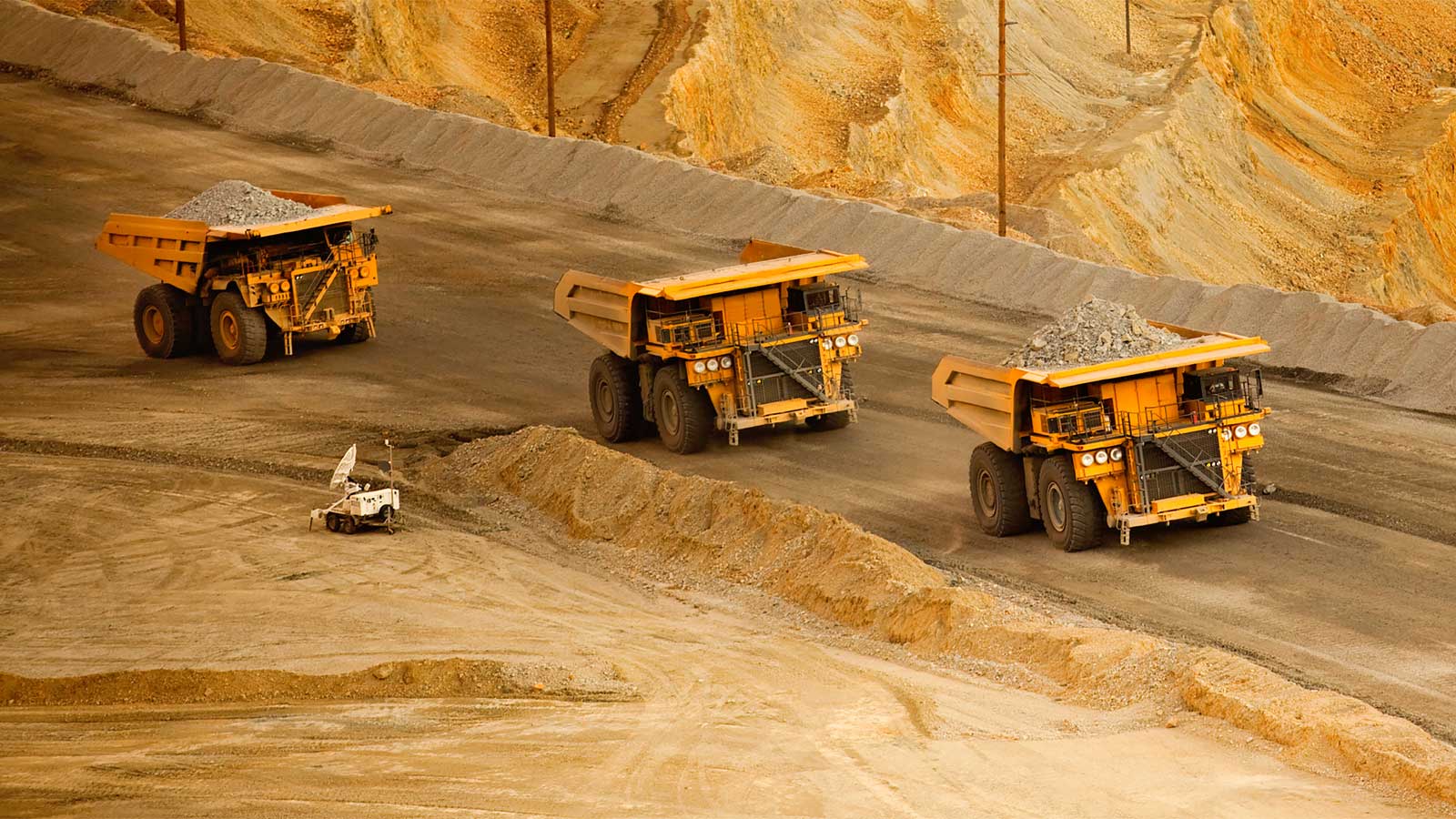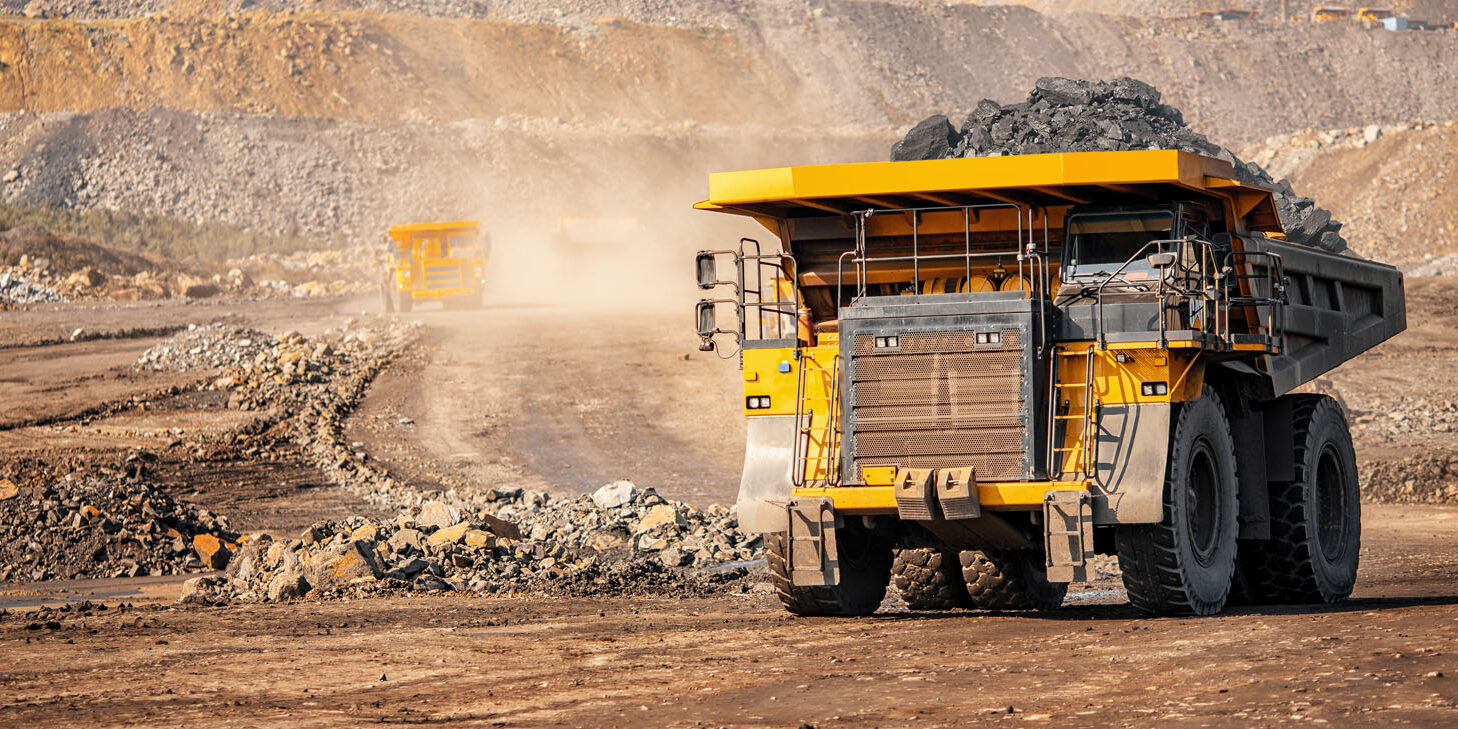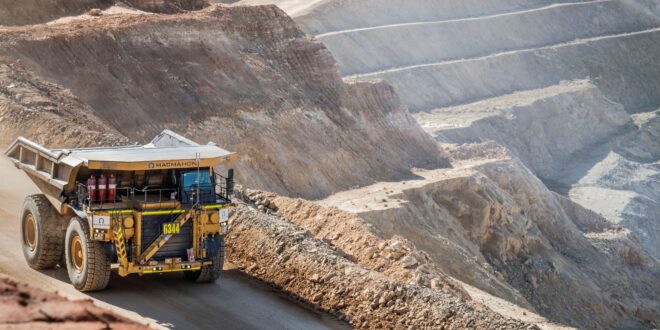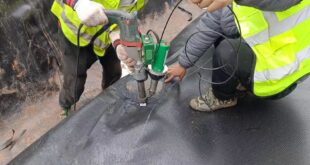Working on a mine site is not just about rugged landscapes and heavy machinery; it requires a unique set of qualifications that blend technical skills, safety awareness, and a willingness to adapt to challenging environments. As the mining industry evolves, so does the need for a diverse workforce equipped to handle modern demands.
Aspiring mine workers must navigate a labyrinth of certifications, from First Aid training to machinery operation licenses, each playing a crucial role in ensuring not just personal safety but the well-being of their colleagues. Whether you’re an experienced tradesperson or a newcomer seeking a foothold in this dynamic field, understanding the essential qualifications can open doors to a rewarding career.
Dive in to discover what it takes to thrive in the world beneath the surface, where every day presents new challenges and opportunities.
Essential Educational Requirements

To work on a mine site, essential educational requirements often begin with a strong foundation in science and mathematics, as these subjects are pivotal to understanding complex processes like geology, mechanical systems, and environmental regulations. Many positions demand at least a high school diploma, but aspiring professionals should consider pursuing specialized training or a degree in mining engineering, geology, or environmental science, which can dramatically enhance job prospects. Certifications, such as a First Aid or Mine Safety training, are frequently required and prove invaluable for ensuring safety in high-risk environments.
Furthermore, practical experience through apprenticeships or internships not only bolsters your resume but also equips you with the hands-on skills that employers value deeply. Ultimately, while educational attainment is crucial, a commitment to ongoing learning can set you apart in this dynamic field.
Certifications and Licenses

When considering a career on a mine site, obtaining the right certifications and licenses is paramount. Various roles demand specific credentials, whether you aspire to be a heavy equipment operator, a safety officer, or an environmental technician.
For instance, operators might need a valid operator’s license and certification in operating specialized machinery, while safety personnel often require OSHA (Occupational Safety and Health Administration) certifications to ensure compliance with industry safety standards. Additionally, many mining companies advocate for certifications in First Aid and CPR, which can be lifesaving in emergencies.
Having your HAZWOPER (Hazardous Waste Operations and Emergency Response) certification can also enhance your employability, particularly in environments dealing with hazardous materials. As you navigate these requirements, be prepared for the ongoing need for training; many certifications require renewal every few years, ensuring that workers remain up-to-date with the latest safety protocols and regulations.
In essence, investing in the right credentials not only bolsters your employability but also promotes a safer working environment for everyone on site.
Experience and Skills
When considering a career on a mine site, one must reflect on a unique blend of experience and skills that sets candidates apart from the rest. Relevant hands-on experience in fields like geology, engineering, or environmental science can open doors, providing insights that are critical to operational success and safety.
However, it’s not solely about academic credentials; practical skills in machinery operation, maintenance, and adherence to safety protocols are equally essential. Workers must demonstrate adaptability, as each day can present unexpected challenges—from navigating the rugged terrain to troubleshooting equipment malfunctions.
Furthermore, strong communication and teamwork capabilities are vital, as collaboration with diverse teams is the norm in high-pressure environments. Ultimately, a successful candidate combines a solid educational background with a wealth of practical experience and a proactive approach to continuous learning.
Conclusion
In conclusion, pursuing a career on a mine site can be a rewarding endeavor for those willing to invest in the necessary qualifications and skills. From obtaining the appropriate certifications and understanding safety protocols to gaining relevant work experience, aspiring miners must be prepared for a rigorous yet fulfilling journey.
Onsite training plays a crucial role in equipping individuals with the hands-on experience needed to excel in this challenging environment. By staying informed about the requirements and embracing opportunities for continuous learning, prospective mine workers can set themselves up for success in one of the most dynamic industries available today.
 Alternative News
Alternative News




